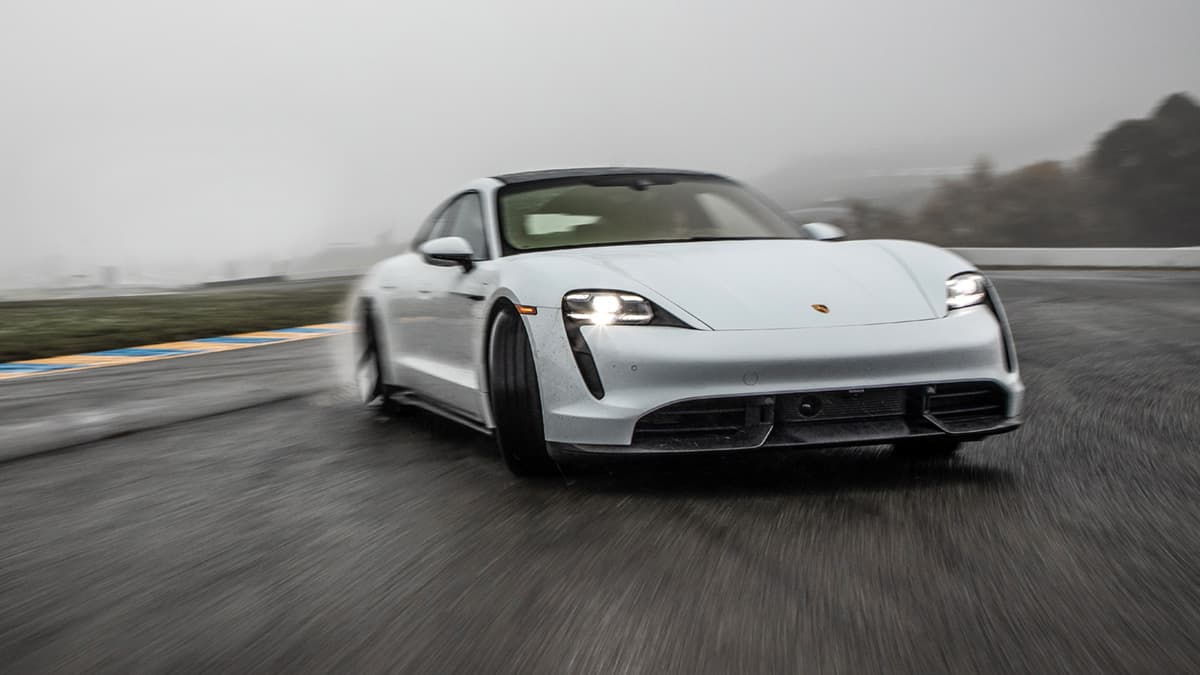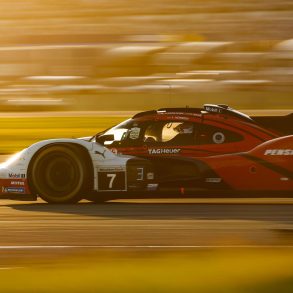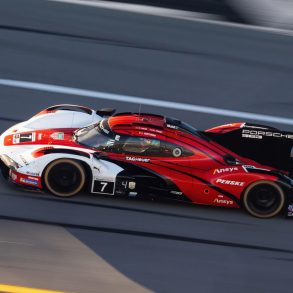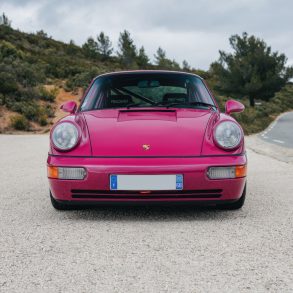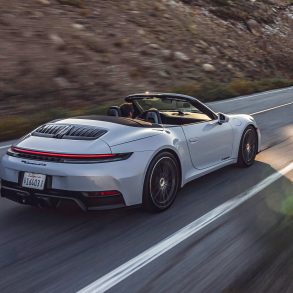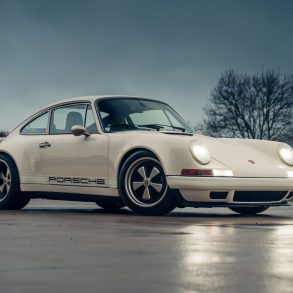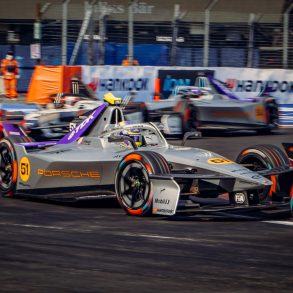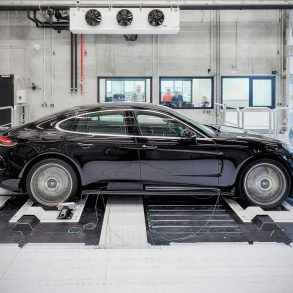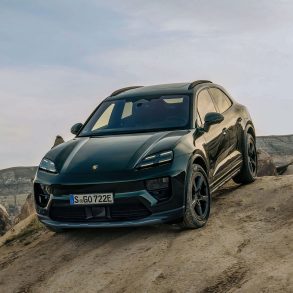Porsche recently set a goal for 80% of its sales to be electric by 2030. Porsche delivered just over 300,000 vehicles globally last year, and 41,296 of them were the all-electric Taycan, which even sold more globally than the Porsche 911 last year. After launching the Taycan and seeing the strong interest the public had for the electric vehicle, Porsche set a goal for “50 percent of its sales [to] be electric in 2025.
The problem for Porsche is that supply chain woes are causing them problems at the moment. In a recent Financial Times report, Volkswagen Group CEO Herbert Diess admitted that the conglomeration of automobile brands has “basically sold out electric vehicles in Europe and in the United States” for the rest of the calendar year. We aren’t even to the half-way point of 2022 yet, and Porsche is already unable to fulfil Taycan orders unless something drastic changes in the near future.
The report goes on to indicate that the EV production capacity within Volkswagen Group, inclusive of Porsche, is tied up trying to fulfil the already lengthy waiting list for existing orders, let alone the constant influx of new ones. As Porsche continues to grapple with the fallout from a microchip shortage which looks likely to carry on several more months, as well as a continued shortage of vehicle wiring harnesses produced in war-torn Ukraine, it falls farther and farther behind on its Taycan orders.
This doesn’t bode well for the launch of the Macan EV, which is supposed to be happening sometime in the near future.


